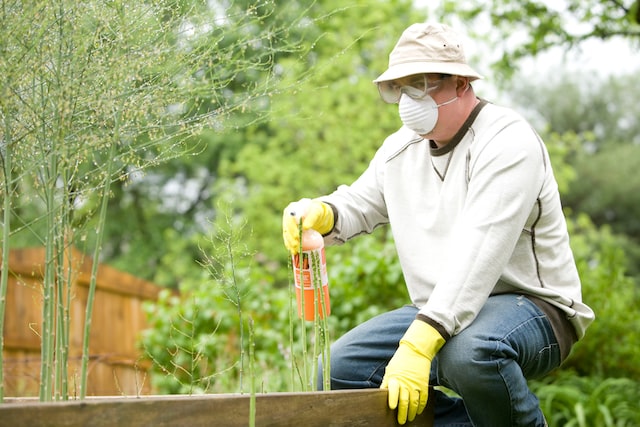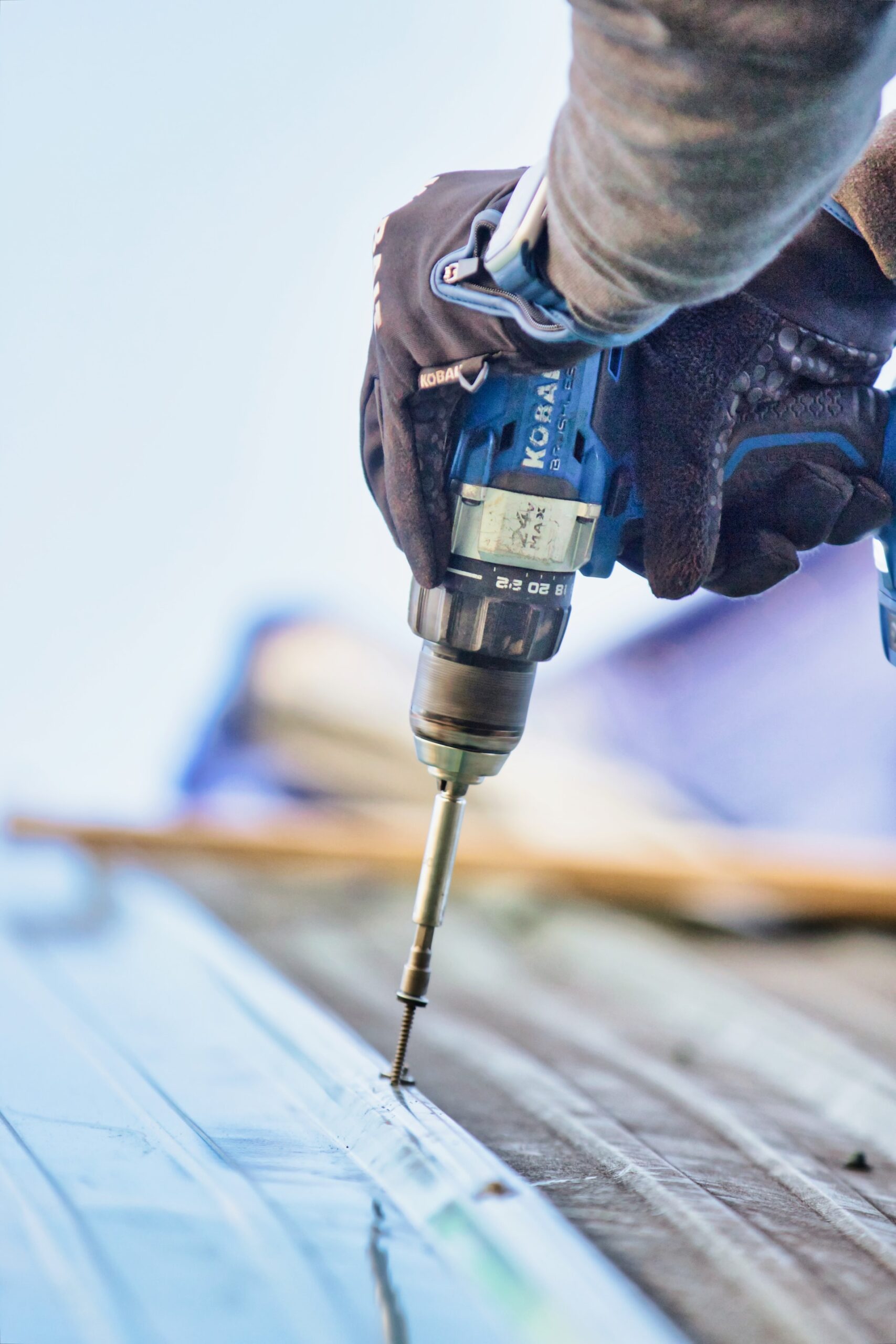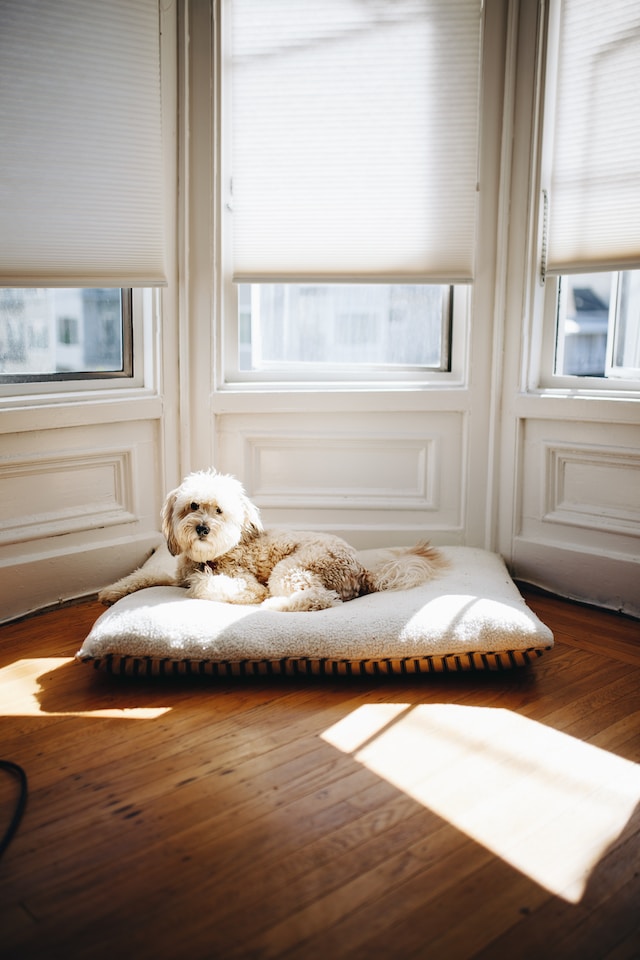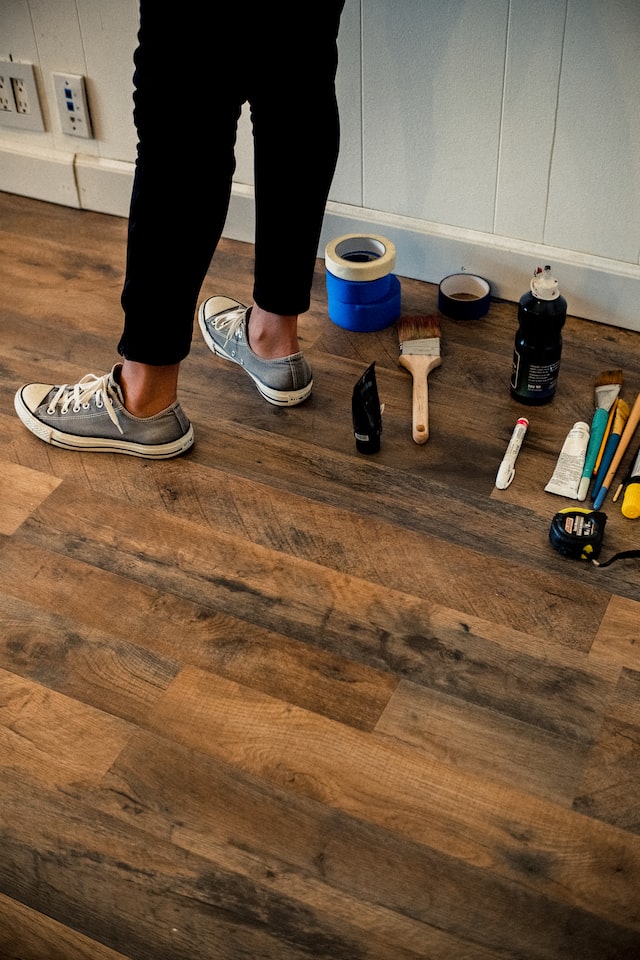If you have a home with termites, you may have to undergo tent fumigation to kill the insects that live inside. Before you begin fumigating your home, here are some preparation tips. Remove any items you do not need to stay in the home during the fumigation. Also, keep your home moist during the fumigation process.
Termite Tenting
Before termite tenting begins, homeowners need to prepare for the treatment. This can include removing live plants and pets from the property, securing hatches, and closing windows and doorways. This process will allow exterminator Key West to access all home areas.
Proper preparation is necessary to avoid the spread of toxic chemicals. If you are using fumigation products, it is important to bag them tightly and label them properly. This will help keep the fumigants out of your home and away from your pets. Cutting back any shrubs or trees near the foundation is also a good idea. It would help if you disconnected any fencing that may impede termite tenting. Also, you should remove any food or perishable items from your home before the tenting.
If you have an outdoor structure needing fumigation, ensure it is completely cleared of any vegetation that could obstruct the treatment area. You may need to postpone the treatment if the tenting procedure is accompanied by rain or other inclement weather. Once your home is ready, you can contact a termite control expert for a free consultation and an estimate.
Food That Can Be Left
You can leave some food and medicine in your home during tent fumigation if you are sure to seal them properly. You should also remove any food that is not sealed. Make sure that any medicines are sealed in a Nylofume bag. After the tent has been fumigated, you should clean the house thoroughly to eliminate residual chemicals. Also, remember to clean up any dead pests. Vacuuming the house is also important to help air it out.
To keep your food safe, you can keep it in the refrigerator or freezer. However, if you cannot leave your refrigerator or freezer, you can bring it. Also, avoid shopping for food right before tent fumigation. You should also remove your houseplants and pets from your home until the fumigation is complete.
Items to Remove From Home
Before a tent fumigation treatment can begin, residents must follow certain procedures. First, they must remove all people and pets from their homes. They should also remove any fish tanks. Though the water may stay in the fish tanks, it should be removed. Additionally, they must cut back any plants, trees, or shrubs. This step is necessary to prevent any damage from the fumigant. Tree limbs over the roof should also be cut back. Watering plants and shrubs are also important.
Removing items from the home before tent fumigation can include any dry goods packaged in plastic, cardboard boxes, or bags. Mattresses that are sealed in plastic or waterproof covers should be removed as well. Furniture and plants should be taken outside and pruned to make room for the fumigation tent.
Keeping Home Moist During Fumigation
To prepare for tent fumigation, homeowners should trim any shrubs to avoid rainwater affecting the home’s tarps. They also should water any plants that hang over the house. They also need to remove any plastic covers from mattresses. These preparations will minimize the impact of tenting gas on the home and help prevent further damage.
While fumigation is a necessary part of termite control, protecting your home is important. If your home has plants close to the foundation, cutting them back will protect their foliage from chemical burns. This will also make it easier for the exterminators to position the tent. In addition, you can also keep the soil moist, which will provide a protective barrier between the roots of the plants and the fumigants.
Keeping Pets and Plants Out of the Home
When it comes to fumigation, keeping your plants and pets out of the home during the process is crucial to avoid the spread of harmful pesticides. Fumigation fumes may also affect the food you eat. Before the fumigation begins, you should double-bag all perishable foods. It would help if you also discarded any packages of food in the home.
The chemicals used for tent fumigation are toxic to humans, plants, and pets. Because of this, you should remove all pet food, kitchen and dining items, and bed linens before the fumigation. It would help if you also raised any window coverings.




